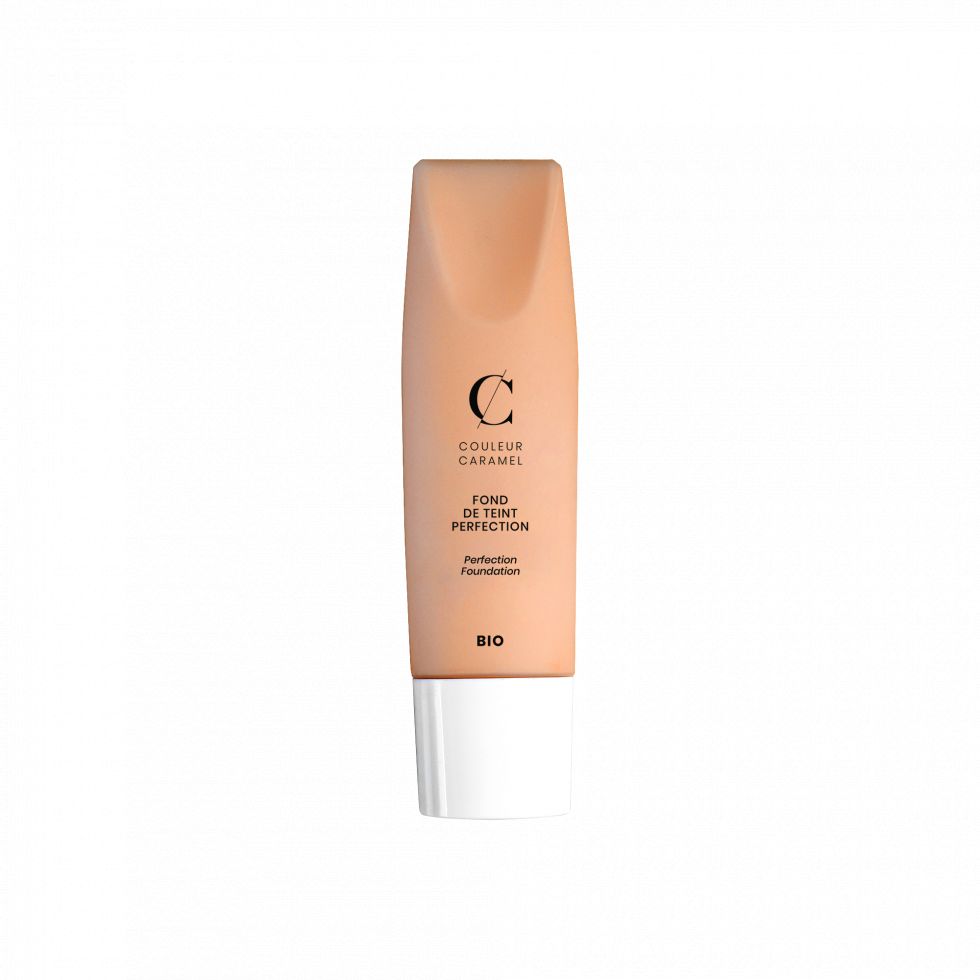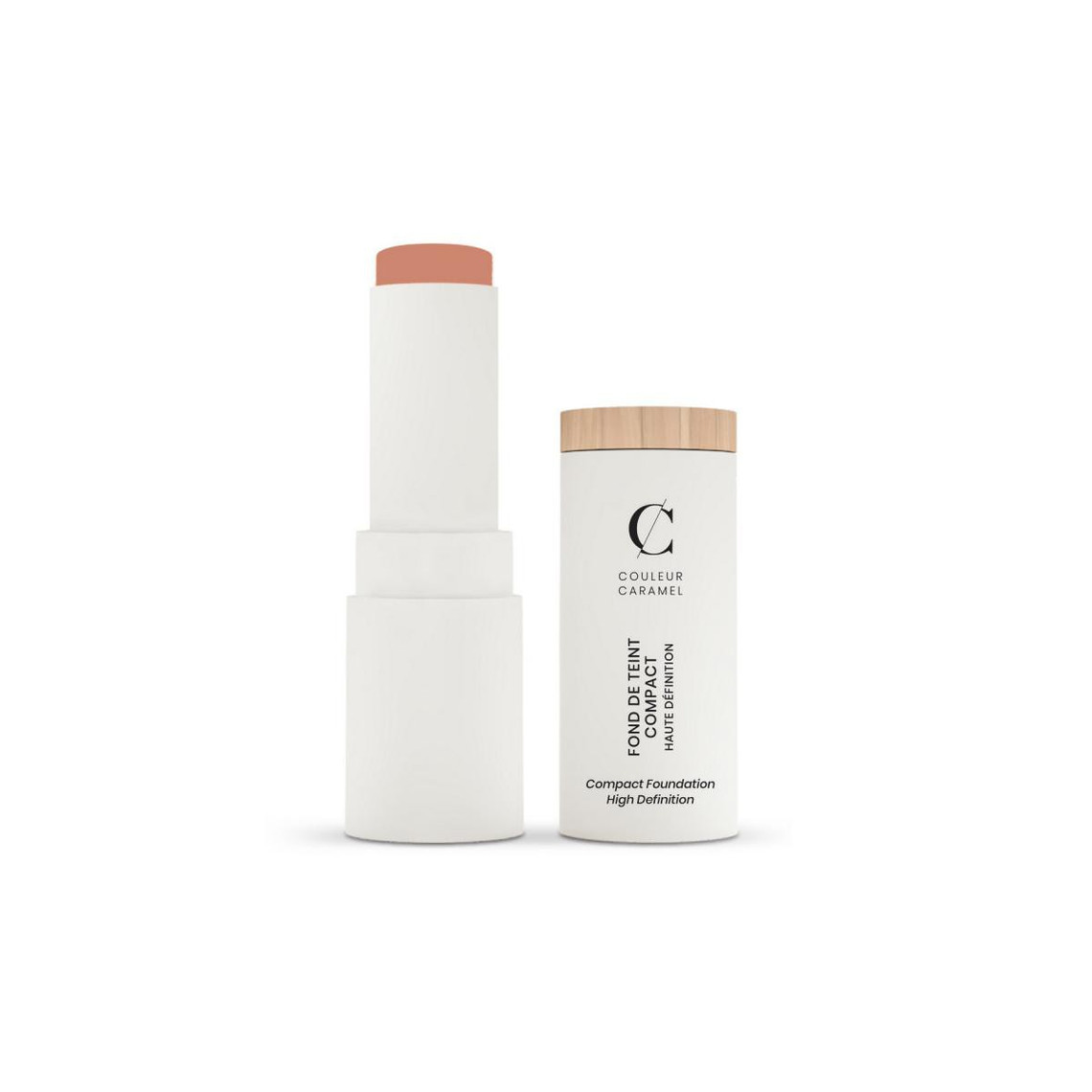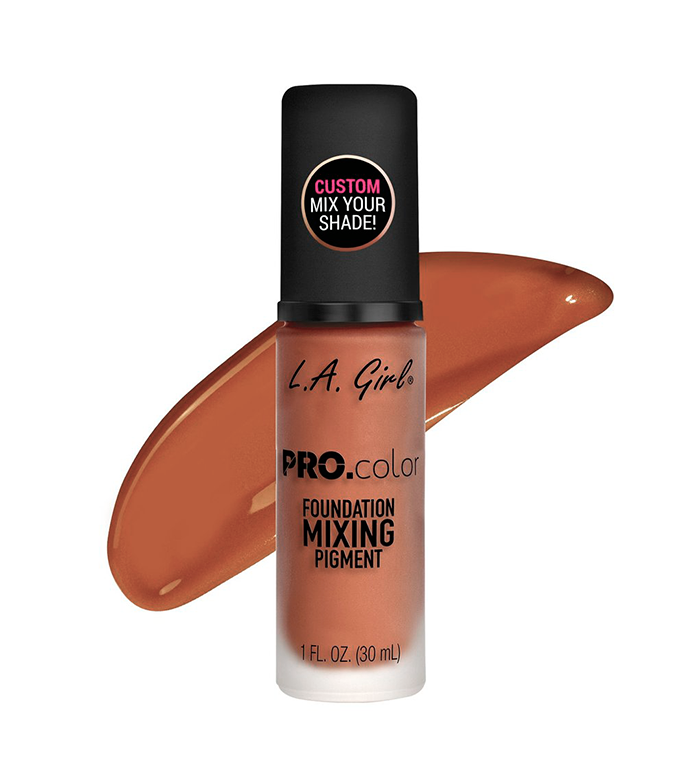
Pigment de mélange de fond de teint, lisse et léger, teinte naturelle, se mélange facilement au fond de teint, sans cruauté (Orange, froid à chaud) : Amazon.fr: Beauté et Parfum

Ma recette beauté du jour : réaliser une lotion éclat du teint à l'orange - La beauté selon une Parisienne | Blog beauté mode et lifestyle Paris

fond teint pigmenté | Trousse maquillage fond teint - Ajusteur teinte maquillage, fond teint bleu, blanc, jaune, orange pigments pour personnaliser le Abonda : Amazon.fr: Beauté et Parfum






















